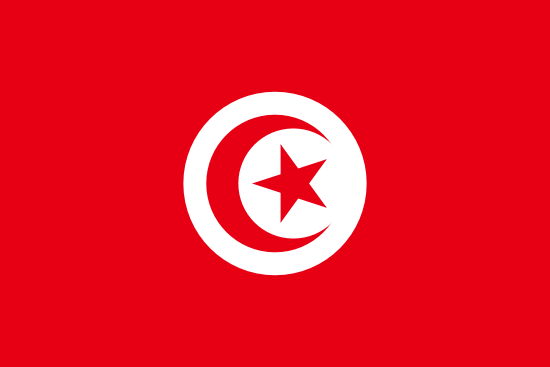
Health Insurance in Tunisia, Africa
Information expatriation
Capital City: Tunis
Total area: 163,610 km2
Population: 10,327,000
Money: Currency Converter
Time Zone: List of time zones by country
Calling Code: +216 XXX
Practical Information:
Health Product: Travel Insurance and Health insurance
Health Insurance information and Sanitary Risk: World Health Map
BLOG: Expat Health insurance Information
Here is a brief description of the healthcare system in the country:
· Tunisia has a universal healthcare system that is primarily public but allows for some private options as a supplement.
· It is mainly funded through general taxation, as well as direct payments and optional private insurance.
· Care is provided through public hospitals, regional health centers, local polyclinics and maternal/child health centers nationwide.
· Primary care serves as the initial point of contact through neighborhood-based polyclinics and family doctors.
· Referrals are required to access specialist physicians, complex diagnostics or treatment at public hospitals.
· Healthcare is decentralized with each governorate managing resources and facilities for their respective populations.
· Coverage includes both inpatient and outpatient services, though some co-pays exist for medications and procedures.
· Key health challenges are non-communicable diseases and obesity along with infectious illnesses.
· While health outcomes have improved, disparities exist between urban/rural areas and wealthier/poorer populations.
· Reforms aim to further strengthen public health programs, universal coverage and quality of care provision countrywide.
Here are some key health considerations for expatriates living in the country:
· Purchase comprehensive international medical insurance including coverage for medical evacuation. Public insurance may have limited expat access.
· Keep vaccinations up to date, especially hepatitis A/B, typhoid, influenza and consider others like meningitis depending on history.
· Mosquito-borne diseases like malaria, dengue and Zika exist in some areas. Use repellent and protective clothing at dawn/dusk.
· Only drink bottled or treated water and be cautious with raw fruits/veggies that may transmit parasites.
· Healthcare quality varies between cities and rural areas. Seek major urban hospital networks for serious issues.
· Bring an extra supply of any prescription medications plus copies of valid prescriptions.
· Heat, dust and pest allergens may impact respiratory/sinus health. Consider protective masks when needed.
· Road safety risks exist due to some unenforced traffic laws. Drive defensively at all times.
· Isolation or lack of social support in a new environment may impact mental wellbeing. Develop community.
· Learn basic medical French/Arabic phrases to communicate needs to doctors who may not speak other languages fluently.
· Be aware of any terrorism-related travel advisories that could impact access to bordering regions.
